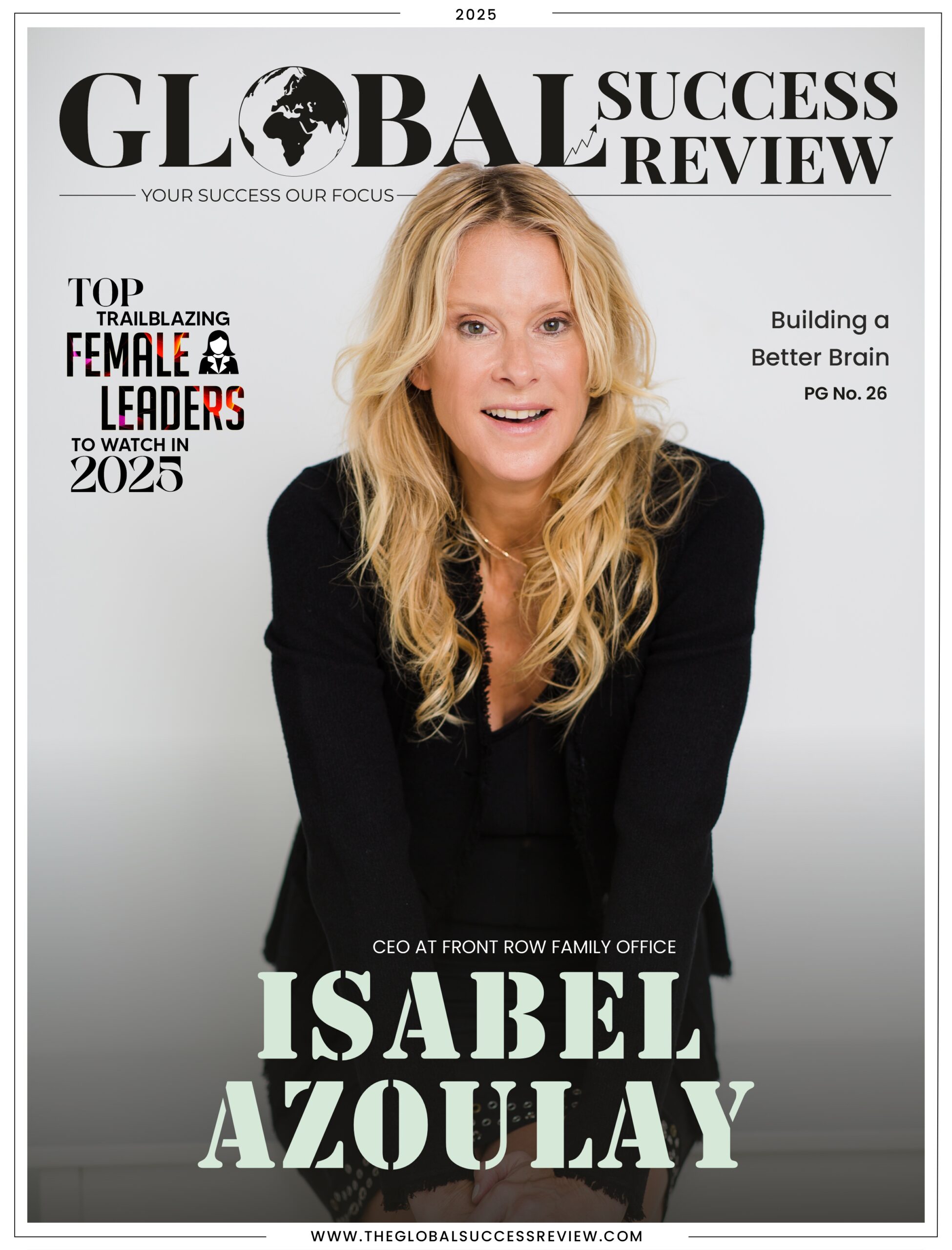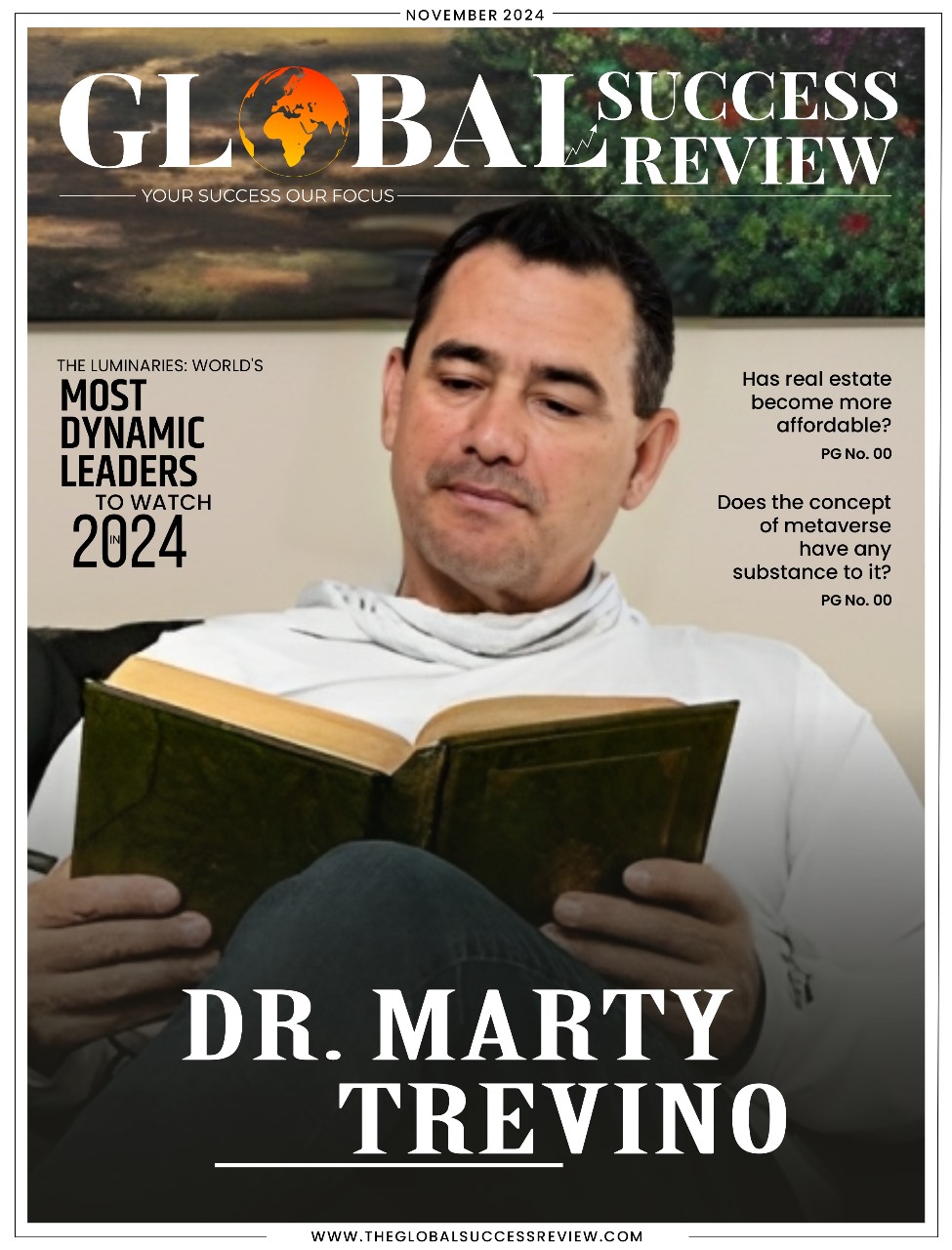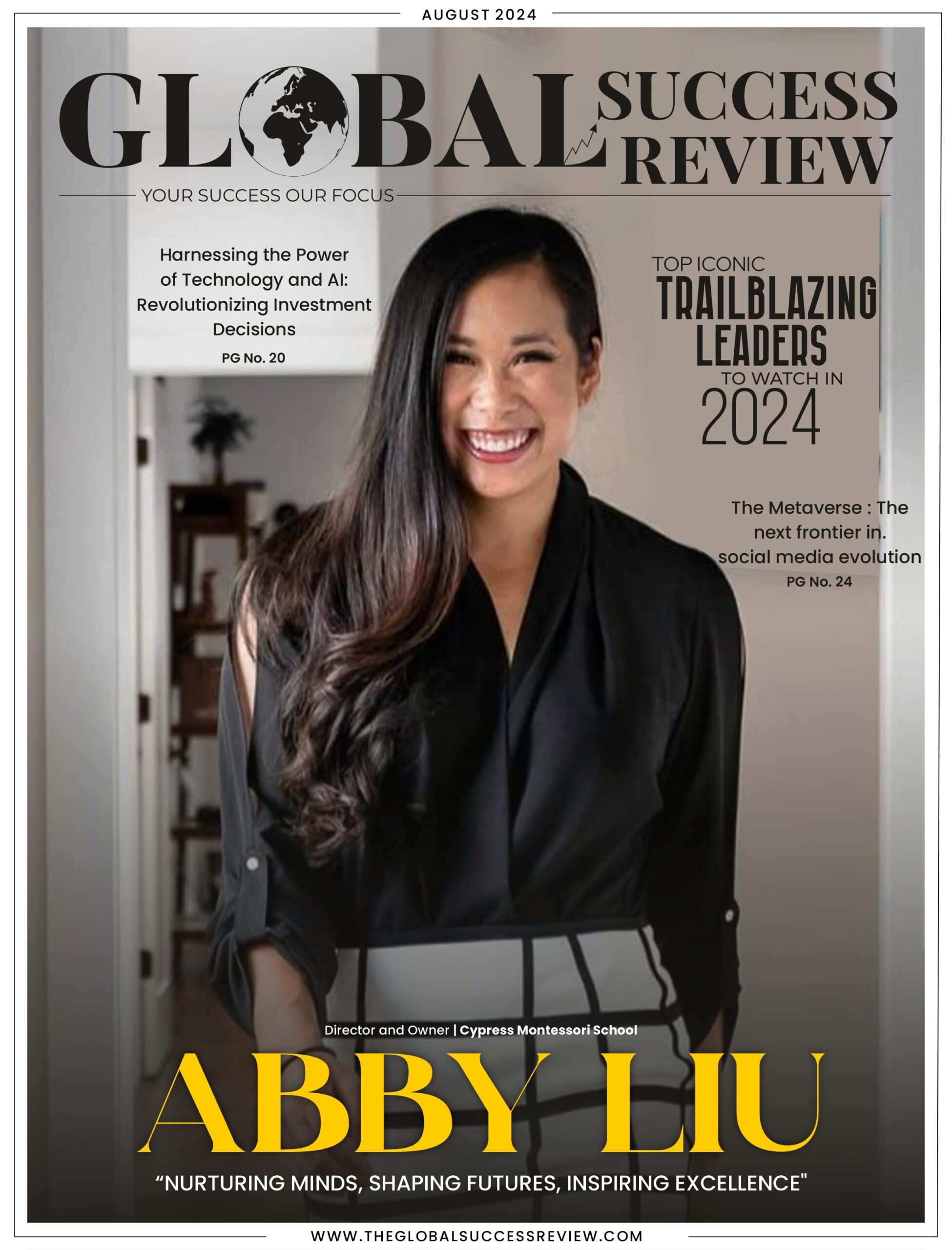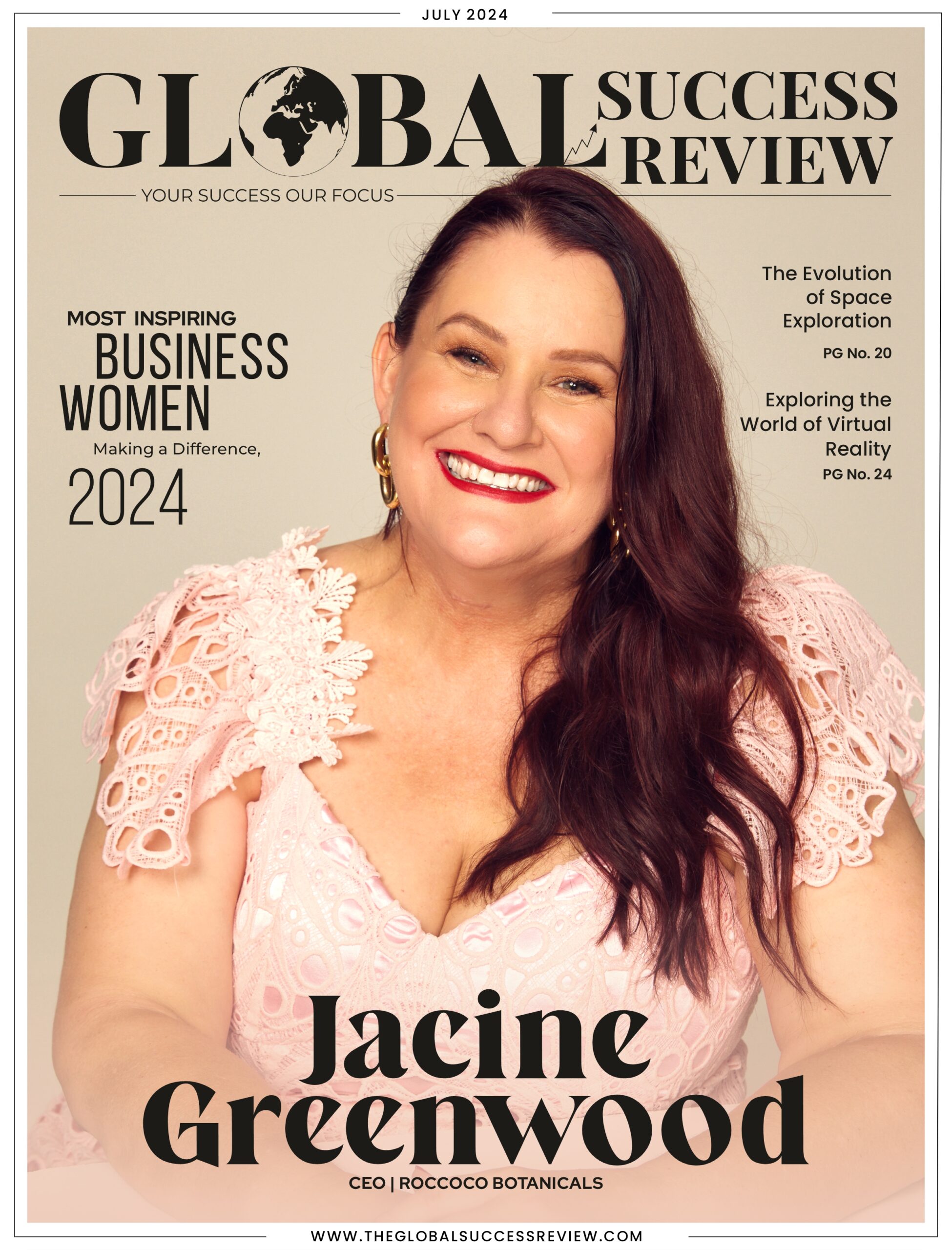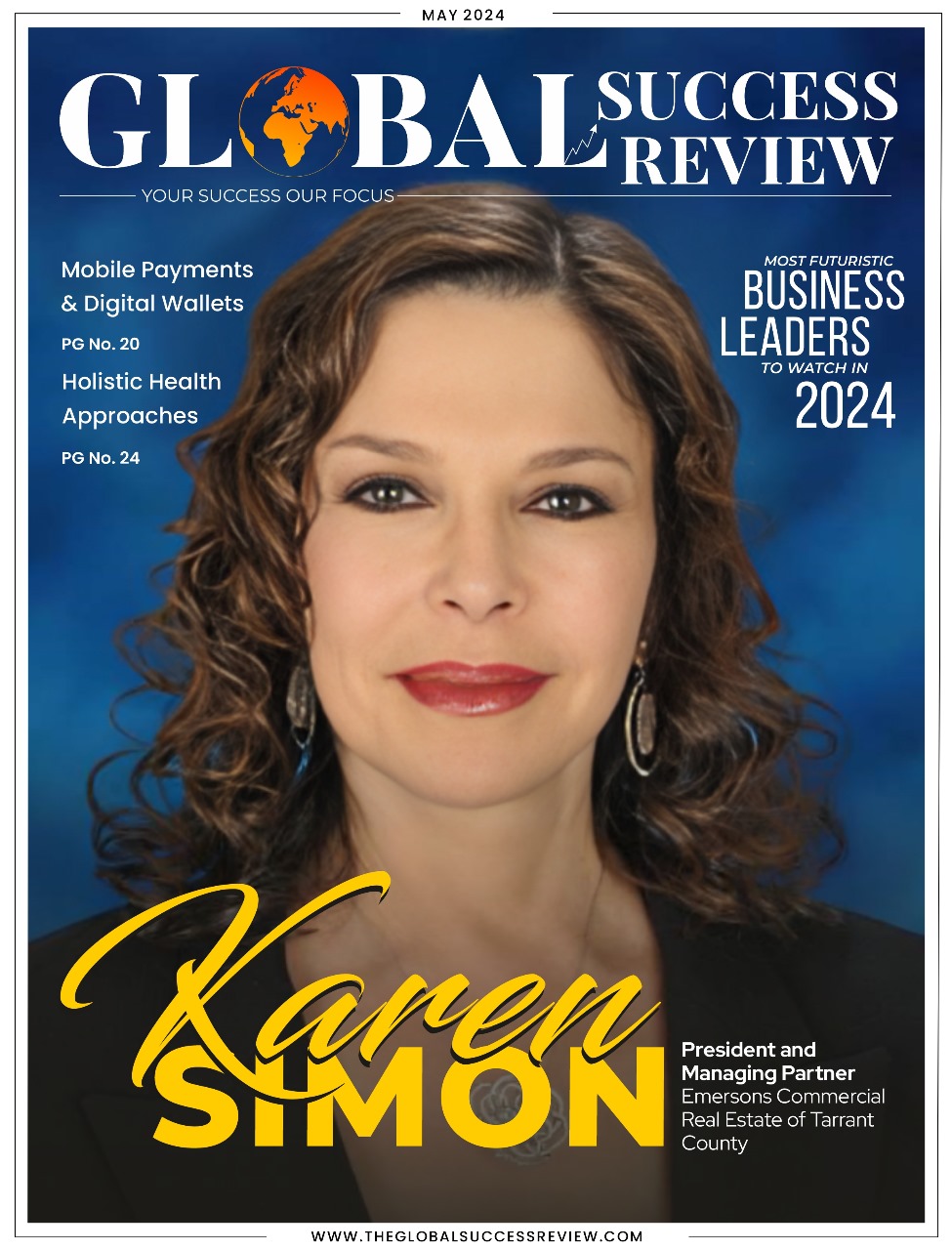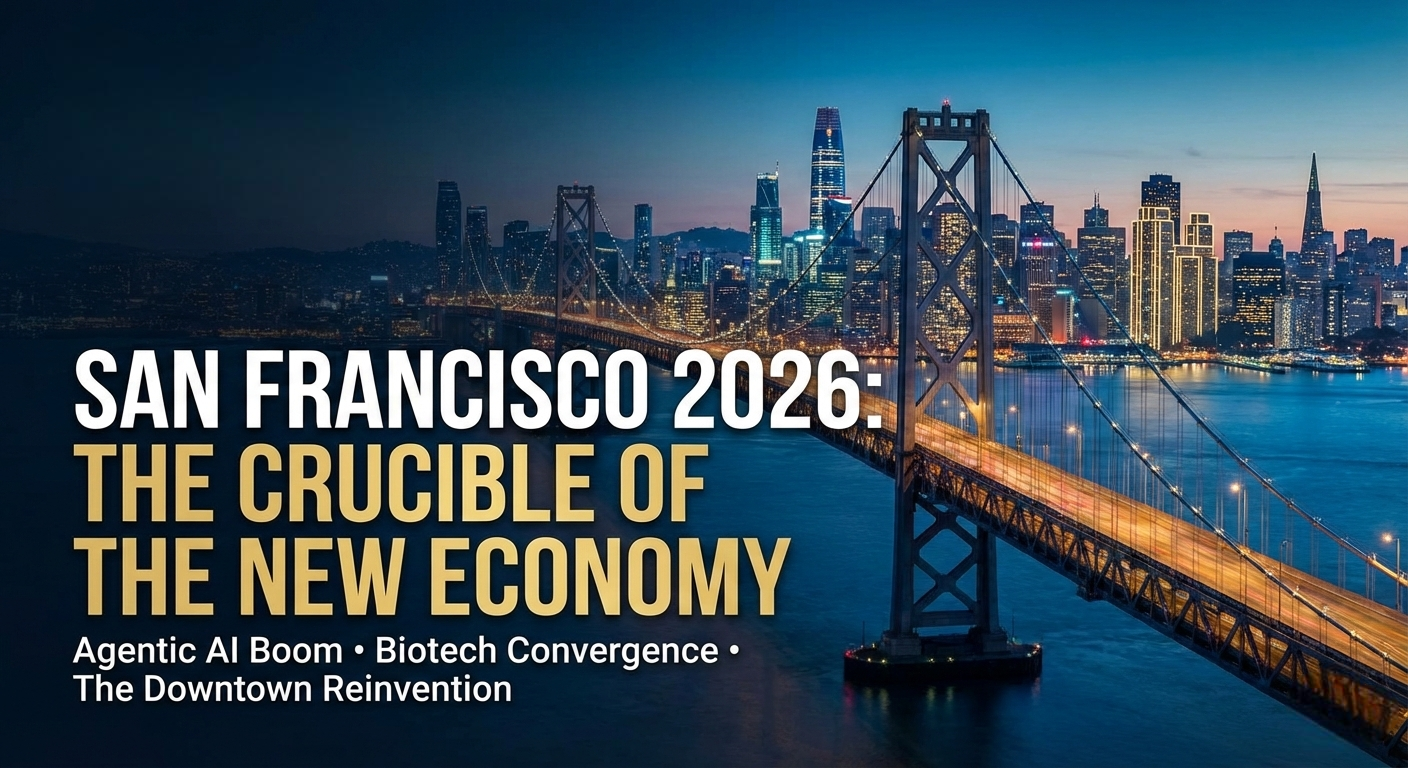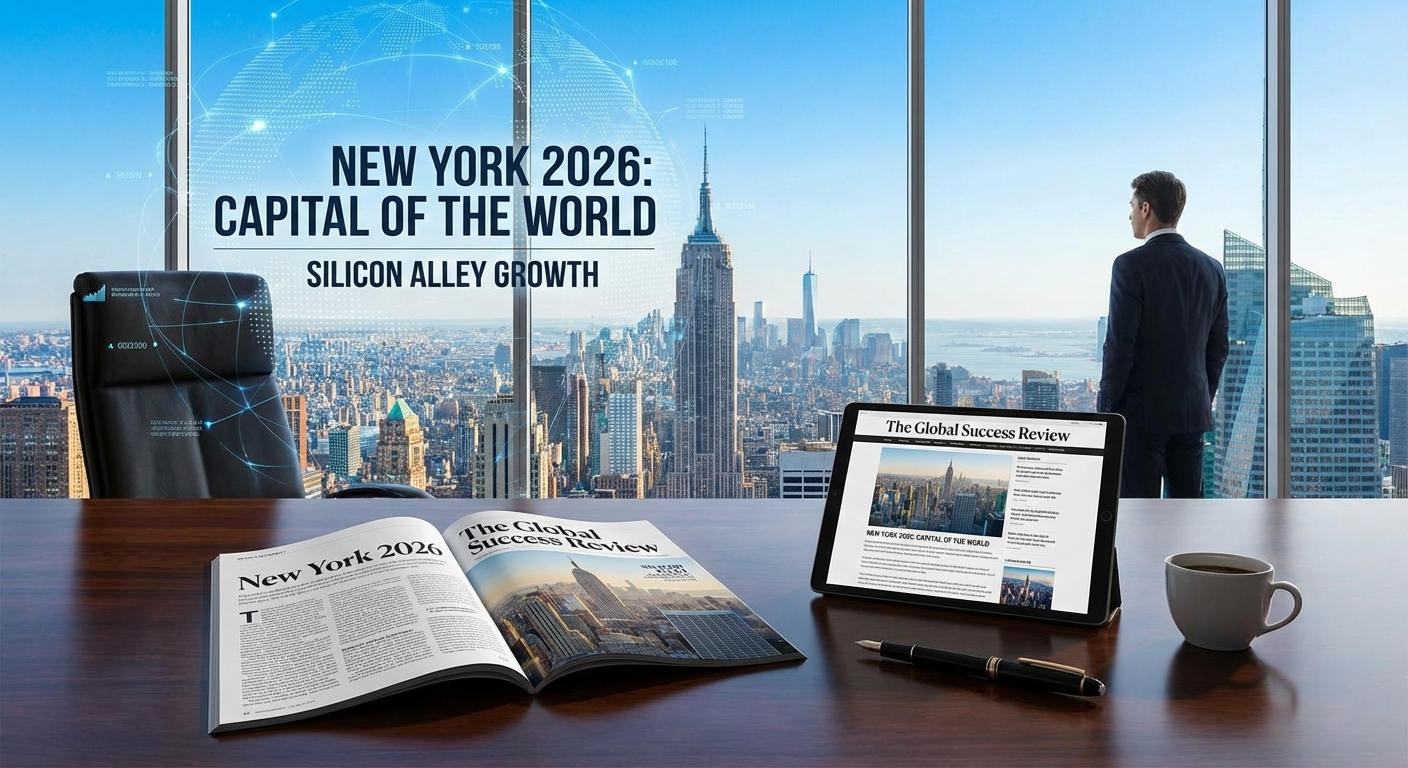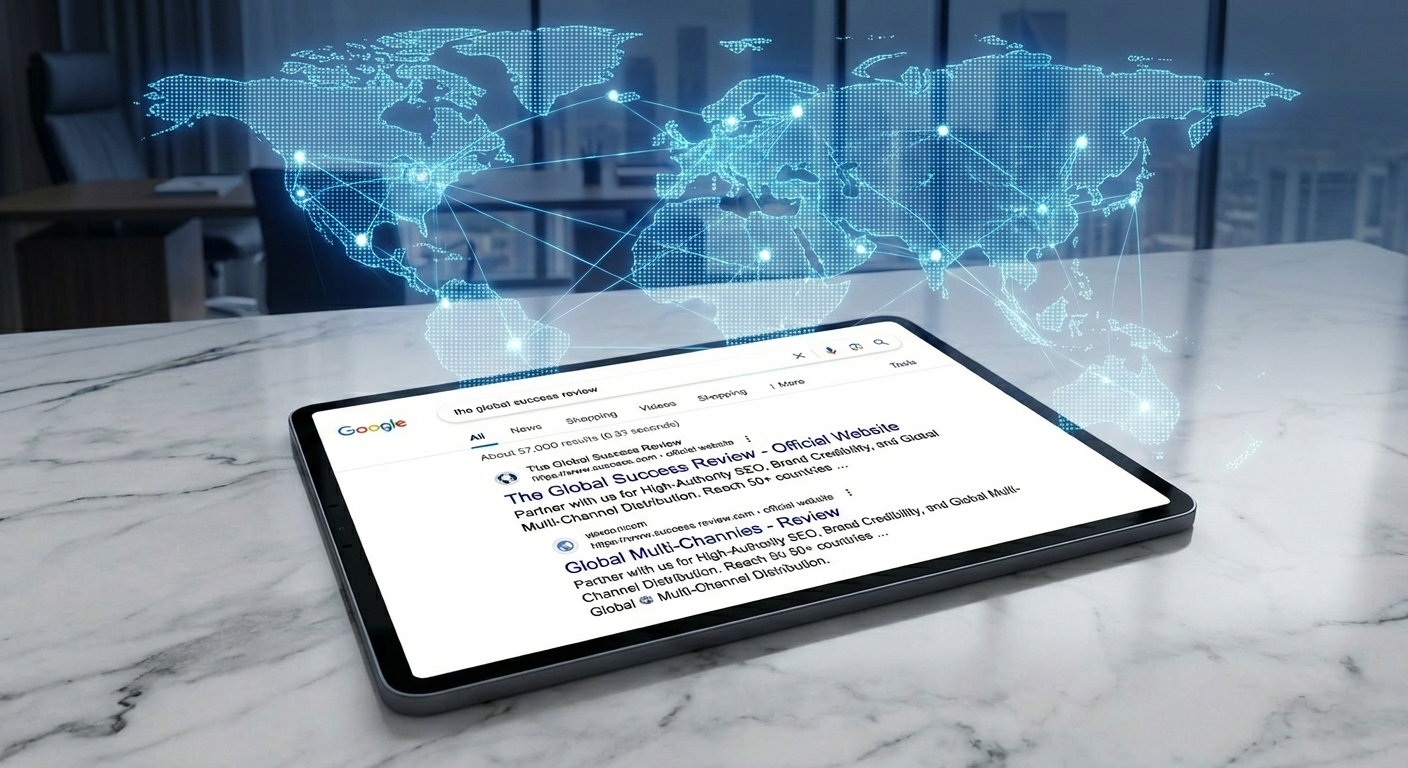In today’s world, women are not only playing catch-up with men in the business, political, and social spheres, they are leading the charge. Over the past few decades, women have progressively reshaped our understanding of leadership, influence, and success. “Women Talking Power for Impact” delves into how women are redefining what it means to hold power and how their influence is now a force for change in multiple fields, from corporate boardrooms to global politics.
The Evolution of Women’s Power
Historically, women have been excluded from positions of power, often confined to roles that were seen as secondary to their male counterparts. However, this has drastically shifted in the 21st century. Today, women are leading multi-billion-dollar companies, governing nations, and inspiring social movements that challenge deep-rooted societal issues. The surge in women’s leadership is not a passing trend, but rather a redefinition of power itself. Women are changing the game, not just by breaking glass ceilings but by building new structures that reflect their values of collaboration, empathy, and inclusivity.
A key part of this transformation is the way power is now being defined. Historically, power was synonymous with authority and control. Women, however, are redefining power as a tool for creating impact, fostering collaboration, and improving lives. Leaders like Angela Merkel, the former Chancellor of Germany, and Jacinda Ardern, the former Prime Minister of New Zealand, have demonstrated how women in power can prioritize compassion without compromising strength.
The Rise of Women Entrepreneurs
One of the most visible areas of change has been in the world of business. Women entrepreneurs are making waves, with companies founded by women experiencing faster growth than their male counterparts. The rise of female-driven startups is not just a trend but a reflection of how women bring unique perspectives to business challenges. Women are increasingly finding innovative ways to approach leadership and entrepreneurship, emphasizing community-building, sustainability, and ethical business practices. These qualities, once considered secondary, are now recognized as key to long-term success.
The support for women entrepreneurs has also seen a significant increase. Investment in women-led businesses has grown, with more venture capitalists and angel investors actively seeking to support female entrepreneurs. Moreover, women have developed their own networks and communities to empower each other—organizations like SheEO, which funds, supports, and celebrates female entrepreneurs, are leading this change.
However, while progress has been made, there is still a long road ahead. According to a recent report by McKinsey, women entrepreneurs still receive only a fraction of venture capital funding compared to their male counterparts. This gap in funding remains one of the largest barriers for women who wish to scale their businesses. Nevertheless, the momentum is undeniable, and women are now challenging these traditional barriers head-on.
Women in Politics: Leading Change
In politics, women are no longer just supporters; they are leaders shaping national and global policies. The rise of women in politics represents a fundamental shift in how governance is perceived. Women bring a different perspective to power, with an emphasis on social issues such as healthcare, education, and gender equality. Female politicians like Kamala Harris, the first female Vice President of the United States, and Sanna Marin, Prime Minister of Finland, are breaking down barriers, proving that women can successfully navigate the complexities of national and international governance.
Women’s political participation is critical to creating more inclusive and effective policies. Research consistently shows that when women are involved in decision-making, the outcomes are more favorable for society as a whole. Countries with higher levels of female representation in government tend to score better on indicators of social welfare, education, and healthcare. Women in power understand the importance of creating systems that serve everyone, not just the elite few, and they work tirelessly to ensure that marginalized voices are heard.
Moreover, women are not only breaking through political barriers but also driving global movements. The #MeToo movement, which was started by activist Tarana Burke, has raised awareness about sexual harassment and violence, bringing these issues to the forefront of political discourse. In a similar vein, climate activist Greta Thunberg has brought urgency to the global climate crisis, showing the world the power of young women leading with conviction and determination.
The Role of Women in Advocacy and Social Movements
Beyond business and politics, women are leading transformative social movements that are challenging societal norms. These movements address issues such as racial inequality, climate change, and gender-based violence, all of which disproportionately affect women. The voices of women in advocacy are critical for change, as they are often at the intersection of multiple forms of oppression and therefore understand the complexity of the issues.
Organizations like Malala Fund and UN Women, led by women and for women, are bringing attention to global issues such as girls’ education and gender-based violence. Through their advocacy work, these organizations are not only pushing for policy changes but also challenging the cultural norms that perpetuate inequality. Women’s involvement in activism is ensuring that issues that affect the most vulnerable populations are not ignored.
Conclusion
The landscape of power is rapidly shifting, and women are at the forefront of this transformation. Whether through entrepreneurship, politics, or social activism, women are not merely talking about power, they are taking it and using it to create meaningful impact. The rise of women leaders is not just about breaking barriers; it’s about reshaping power itself to create a more inclusive, equitable world. As women continue to push the boundaries of what is possible, the world will undoubtedly become a better place, one where the voices of women are not just heard but amplified. Power, it seems, is no longer just a man’s world. Women are talking, and they are changing the world.


